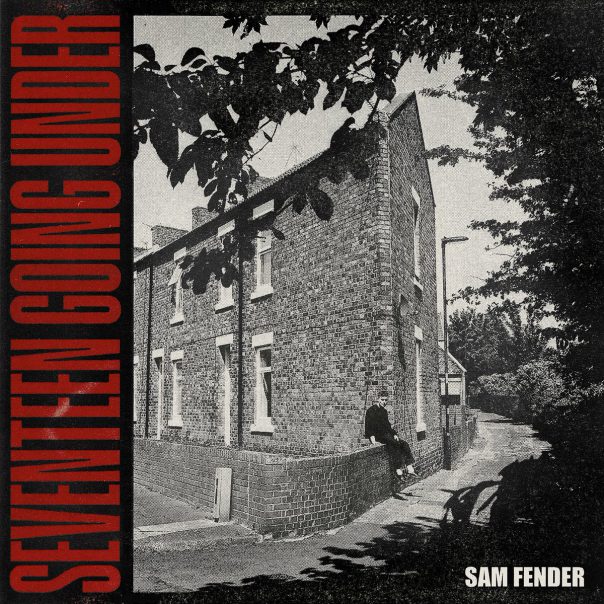REVIEW: Sam Fender revels in teen angst on ‘Seventeen Going Under’

Sam Fender, Seventeen Going Under
British singer-songwriter Sam Fender made waves with his debut EP, Dead Boys, back in 2018, a six-track endeavor that he penned entirely solo. Less than a year later, his debut album Hypersonic Missiles put him at the top, debuting at No. 1 on the U.K. charts, garnering further acclaim for his sensitive and personal storytelling.
Seventeen Going Under
Sam Fender
Interscope, Oct. 8
8/10
He’s back now with Seventeen Going Under, written through the pandemic as he spent more time alone and less time observing those around him. He’s 27 now and within just the first song’s lyrics, it’s clear the album is set out to explore the angst of what 17 feels like and how those years inform the decades to come.
He preceded the album with four tracks. “The fistfights on the beach, the bizzies round us up/ Do it all again next week,” he sings on the opening title track. Context for Americans: “Bizzies” are police. The pace quickens during the choruses as his words show him reflecting on his teens and reveal snapshots of young men looking for euphoric moments in fistfights and cheap alcohol.
On “Aye,” however, there’s more sensitivity to Fender’s words, which show how coming of age in the 2000s comes with seeing increasing globalization, the domination of social media and seemingly endless political turmoil. In the lyrics, he charts a consciousness of the levels of corruption and scandal engulfing younger generations—how the unhoused are cast as worthless (“poor hate the poor”), or how older generations haven’t held themselves accountable for allowing (among other things) Jeffrey Epstein to abuse children or the sheer devastation of the atom bomb and Southeast Asia napalmed.
On “Spit of You,” Sam Fender begins with easier-paced guitar playing while looking at his and his father’s relationship; how he feels like he can talk to anyone but him. He wrote the second portion of the song around the death of his grandmother and her relationship with his dad. “Every bit of me/ Hurting for you/ ‘Cause one day that’ll be your forehead I’m kissing,” he sings, now looking to the future. It sounds like the two men have a very strained relationship, but Fender actually considers it a song about realizing he needs to make the most of the time left with his dad.
“Last To Make It Home” is a five-and-a-half-minute mid-tempo piece that finds him finding his own faults. Quite literally, he’s the last person in his home to make his bed. Another lonely look at his teen years, the song begins with the stunning lyric, “You look like a mirage/ Made of glimmer and silver and sunken eyes.” The closest song to a ballad from the album, it’s soulful and deeply introspective.
“Mantra” shows a young man observing the actions of those around him in order to form his own actions. Fender’s guitar playing continues to lead this song, though more mid-tempo and with fewer crescendos and belting. He sings of surface-level beauty of sociopaths and rusted cars stuck in gridlock. There’s well-refined storytelling and lyricism through the entire project, but the subtle line, “Self-loathing it will be called/ If I rise above this low,” is one of his most powerful. The track reigns supreme against the rest of an elegantly constructed album.
For closer “The Dying Light,” Sam Fender opts for a single piano to accompany his vocals, ending the project on a quiet night. It’s filled with more keen observations of those around him, such as the drunks at the bar and the dead boys from his first EP (“there’s more every year”) reflecting ultimately on anyone with a dying light around them and how he can make it through, even if others don’t.
Follow Domenic Strazzabosco at Twitter.com/domenicstrazz and Instagram.com/domenicstrazz.
